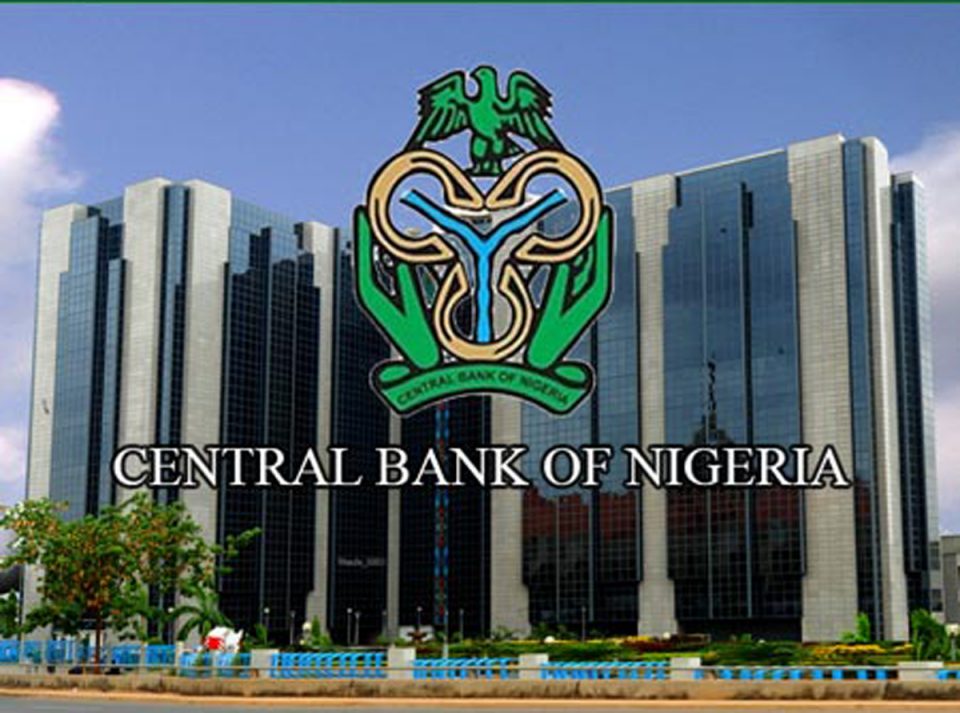The Central Bank of Nigeria has stated that banking industry credit in 2021 reached N 23.5 trillion with Other Financial Institutions (OFIs); comprising of Microfinance Banks, Development Banks, Merchant banks and mortgage banks contributing N2.79 trillion, representing 10.62 per cent of banking industry credit.
This was revealed in the personal statements of Monetary Policy Committee (MPC) members at their last meeting held in November last year released recently.
A member of the MPC, Adenikinju Festus, in his statement at the end of the meeting noted that as at October last year, banking industry credit had been on the rise.
He noted that the CBN intervention funds have been a major factor in the rise in the banking industry credit, stating, “All measures of industry size, bank credit, assets and deposits were higher than the corresponding values in October 2020. Of particular interest is the growth in bank industry credit, which rose from N19.39 trillion in October 2020 to N23.49 trillion in October 2021.
“The Development Financing Report showed the aggregate and sectoral decomposition of central bank interventions in the economy. The sectoral breakdown as well as geopolitical breakdown of the intervention showed that core sectors of the economy and Nigerians from different geopolitical zones have benefitted from the intervention funds.
“Nigerians, who otherwise would not have been able to access credit from the formal market have been able to benefit from the intervention funds. The CBN interventions have boosted both the demand and real sides of the economy. Boosting the demand side is extremely critical given the size of consumption in the aggregate GDP as well as the huge compression on real income caused by COVID-19. The increase in aggregate supply also has the capacity to increase GDP as well as lower general price level.”
Meanwhile, he noted that despite improvement in the non-oil revenue of the country, its ratio to the Gross Domestic Product (GDP), “is still too low and there is space for both non-oil and oil revenues to expand to boost the capacity of the governments at all levels to deliver on their promises to the Nigerian people.”



